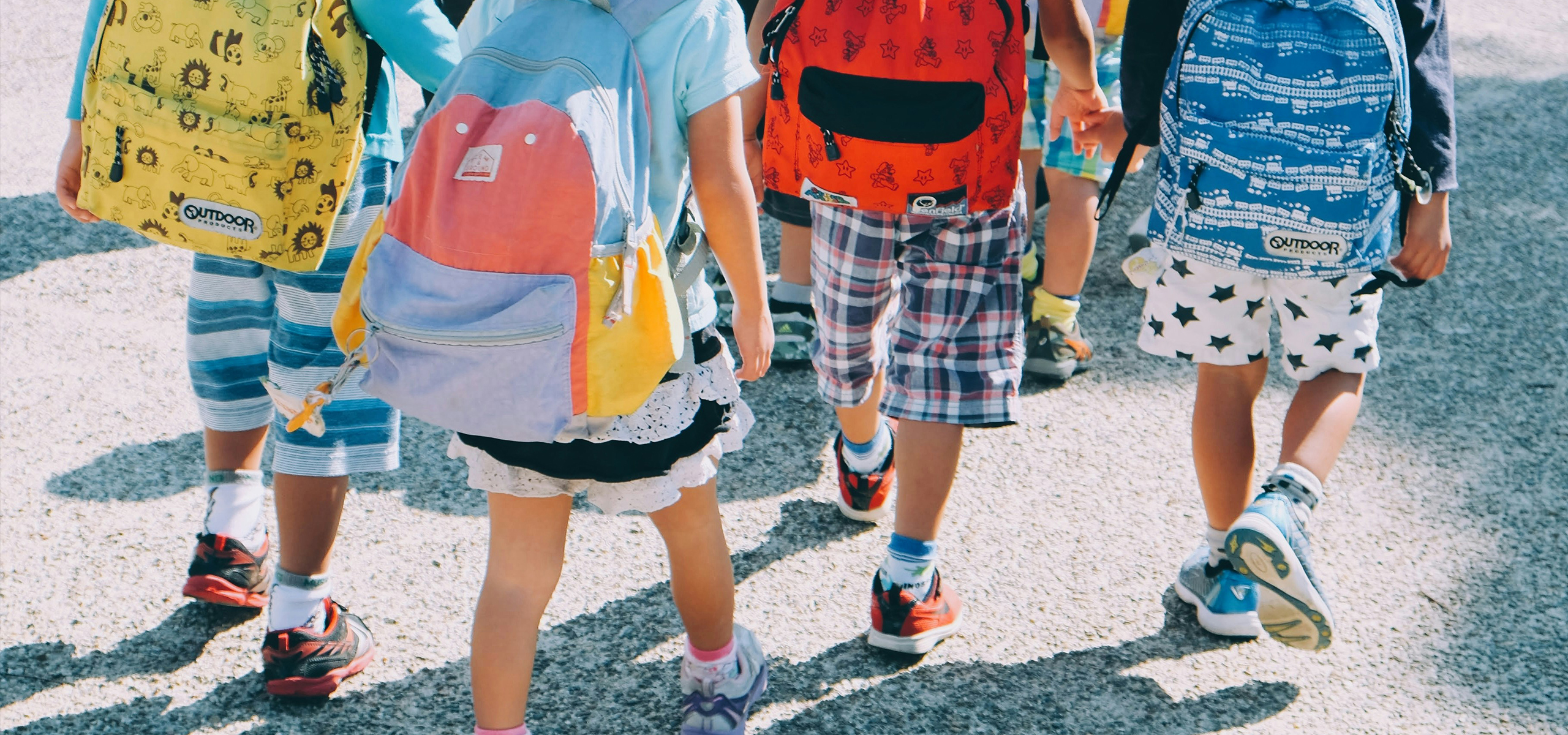Curbing adult loneliness begins in the playground

Over the past two years I’ve written extensively on the growing issue of loneliness in the UK and the need for more targeted government intervention. By discussing greater support through public health systems, more conscious social interaction and increased awareness of the dangers of loneliness, for the most part I’ve considered the need for remedial solutions, which aim to reduce adults’ and young people’s suffering.
But early indicators of loneliness and preventative solutions are just as important to explore (if not, more).
That’s why – in recognising that early childhood traumas have a lasting impact on an individual’s mental health experiences throughout adulthood – for my masters research I investigated whether early life social isolation from peers increases an individual’s experience of loneliness across early-mid adulthood, regardless of how socially-connected they may be. (It’s important to note that social isolation reflects the lived experience, whereas loneliness is the perceived experience).
Using the 1970 British Cohort Study, I analysed data from over 16,000 people born in Great Britain in the same week in 1970. Thanks to regular intervals of in-depth data collection, I observed their experiences of social isolation (i.e. peer rejection, solitary play, etc.), community engagement and loneliness from birth until they turned 50 years old in 2020.
After weeks of analysis, I was saddened (but not surprised) to learn that early life social isolation (measured at 5, 10 and 16 years old) does in fact significantly increase the experience of loneliness across multiple stages of adulthood (30, 42 and 50 years old).
Shockingly, this suggests that a child as young as 5 who is more solitary or struggling to make friends at school is indeed more likely to be lonely at 50 years old.
Various schools of thought explain this impact differently; A life course approach (which I personally champion) assumes that adult loneliness is the result of a domino effect that’s been in motion since infancy. In other words, that experience of social isolation at school impacts a person’s social development (self-esteem, social confidence, ability to meaningfully connect, etc.), which then impacts adult social outcomes and increases their likelihood of becoming lonely; On the other hand, a neurological explanation argues that altered brain functioning resulting from isolation is the main perpetrator for later loneliness as it dictates social behaviour and sensitivity to socially-induced stress; Alternatively, a behavioural account suggests that being isolated becomes a person’s ‘normal’ as they don’t develop the behaviours necessary to build connections. But why then would so many people be lonely despite being surrounded by friends and family members?
Whatever the pathway, the fact remains: Adult loneliness – at least, in part – begins in the playground, and so too should preventative policies and educational interventions which reverse that domino effect.
Not only would increased investment in education fostering social and relational skills development save many from the pain of later loneliness, but given how greatly loneliness impacts on health and the labour force, it would significantly reduce public spending currently used on remedying the issue and its impacts. This is corroborated by the Royal Foundation Business Taskforce for Early Childhood, which reported that investment in early childhood social and emotional skills development could actually ‘unlock £45.5bn in value per year for the UK economy’.
Recognising and responding to this connection between early childhood social isolation and adult loneliness is especially relevant now, as technology (which claims to bring us together) continues to weaken the depth of our social skills and connections, and the Covid-19 lockdowns mean a whole generation of children’s key stages of social development was stifled.

